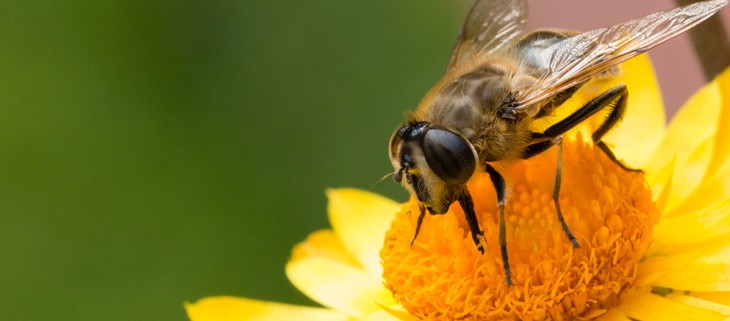December 4, 2024
The Ebiil Society: Champions of Palau
Ann Singeo, founder of our partner organization the Ebiil Society, shares her vision for a thriving Palau and a flourishing world of indigenous science!
We use cookies to help you navigate efficiently and perform certain functions. You will find detailed information about all cookies under each consent category below.
The cookies that are categorized as "Necessary" are stored on your browser as they are essential for enabling the basic functionalities of the site. ...
Necessary cookies are required to enable the basic features of this site, such as providing secure log-in or adjusting your consent preferences. These cookies do not store any personally identifiable data.
Functional cookies help perform certain functionalities like sharing the content of the website on social media platforms, collecting feedback, and other third-party features.
Analytical cookies are used to understand how visitors interact with the website. These cookies help provide information on metrics such as the number of visitors, bounce rate, traffic source, etc.
Performance cookies are used to understand and analyze the key performance indexes of the website which helps in delivering a better user experience for the visitors.
Advertisement cookies are used to provide visitors with customized advertisements based on the pages you visited previously and to analyze the effectiveness of the ad campaigns.
Looking to make an impact this Earth Month? Here’s how.

Replenishable water resources, diverse food supply, and clean air are just a few of the many benefits ecosystems provide. In the last few decades, land degradation and urbanization, in addition to other human activities, have placed many of these services in jeopardy. A new report analyzing the benefits of ecosystem services urges governments to broaden their conceptions of traditional goods and services to address ongoing environmental degradation.
Commissioned by the UK Treasury, the Dasgupta Review widens interpretations of biodiversity loss and suggests that economies will suffer immense hardships with the continued and unmitigated destruction of nature. Most of this economic uncertainty is a result of the global dependence on ecosystems to provide services including clean water, medicines, and pollination.

Partha Dasgupta a professor at the University of Cambridge, who presided over the review believes governments can reduce the possibility of future hardship by expanding beyond the metric of gross domestic product. He cites China’s use of a ‘gross ecosystem product’ that incorporates the values of ecosystems and natural resources. Dasgupta also recommends reducing specific behaviors, including food and water waste, and addressing gaps in education as steps in the right direction.
In a statement, Jennifer Morris the CEO of the Nature Conservancy, alludes to the significance of the report’s findings, saying:
[A] watershed moment for how we come to value the contributions made by nature across nearly every aspect of our lives.”
The economic benefits of biodiversity are especially relevant to island communities, many of which are already beginning to see what happens when the value of biodiversity is not accounted for. Island communities can often see first-hand how introduced invasive species not only threaten highly endangered animals but also individuals’ livelihoods and economic development. Climate change and continued disregard for biodiversity loss will only exacerbate the problem. Still, islands are a bright spot in biodiversity conservation, where isolated actions can have a substantial impact on wildlife and people.
Featured Photo: A honey bee pollinating a sunflower. Credit: Markus Trienke
Source: NewScientist
Check out other journal entries we think you might be interested in.
Notifications